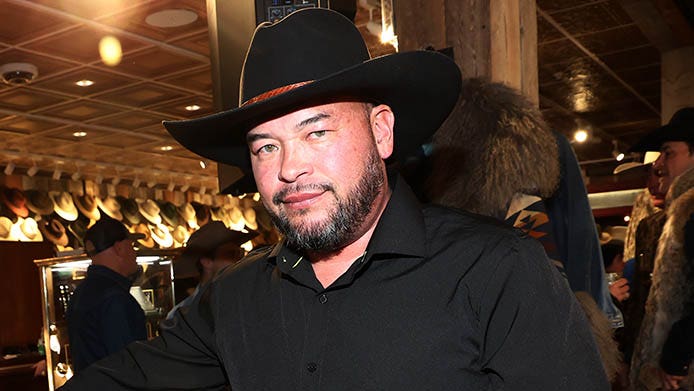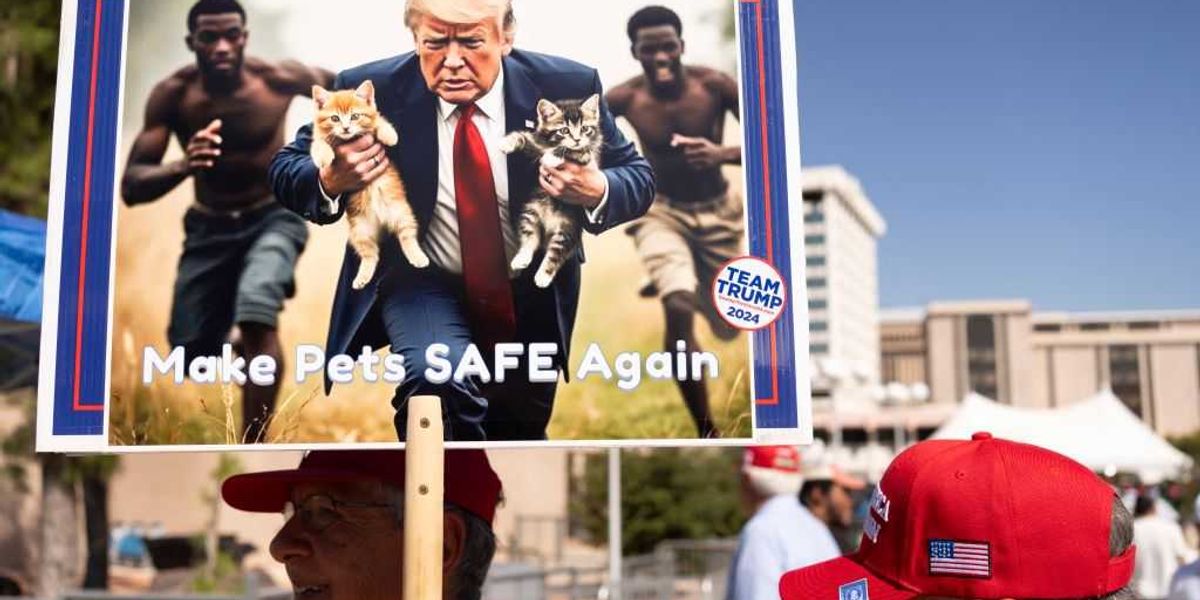Pennsylvania Governor Josh Shapiro has signed the CROWN Act into law, a measure that prohibits discrimination on the basis of hairstyle, type, or texture.
The law, formally titled “Creating a Respectful and Open World for Natural Hair,” was approved as state officials argued that certain hairstyles have been used as grounds for unequal treatment in workplaces and schools.
PA Gov. Josh Shapiro signed House Bill 439 (the CROWN Act) into law at a Philadelphia hair salon, prohibiting hair discrimination.
Shapiro: “This will bring about real freedom for all Pennsylvanians!”
Who knew it was this easy to end bad hair days?🤣🤣 pic.twitter.com/WRLRqdEQov
— 🇺🇸 Pecan 🇺🇸 (@PecanC8) November 26, 2025
Shapiro said the law addresses discrimination he believes remains present in the state.
This Could Be the Most Important Video Gun Owners Watch All Year
“Real freedom means being respected for who you are – no matter what you look like, where you come from, who you love, or who you pray to…For too long, many Pennsylvanians have faced discrimination simply for hairstyles that reflect their identity and culture – that ends today,” he stated during the bill signing.
Supporters of the legislation described the measure as a response to incidents in which they say individuals faced negative treatment based on their appearance.
PA House Speaker Joanna McClinton said the law is intended to prevent employers from making decisions tied to hair rather than job performance.
“This is going to help people by making sure that, wherever you work, or wherever you’re applying for a job, they can’t look at your hair and size you up – not based on your qualifications and all of the professional development you have and all of your education,” McClinton said.
“They will not look at your hair and decide you can’t work here. They will not look at your hair and decide you don’t belong in this C-suite. They will not look at your hair and say, ‘you can’t be in the boardroom.’”
U.S. Rep. La’Tasha D. Mayes, who represents parts of Pittsburgh and previously lived in West Philadelphia, was the lead sponsor of the bill.
She said the measure was designed to address what she described as harmful experiences tied to bias.
“Hair discrimination has taken confidence from our children, but that ends today,” Mayes said.
“Hair discrimination has taken dignity from workers, but that ends today. It has taken access to economic opportunities, hopes and dreams, but that begins to end today.”
“Hair discrimination” is now illegal in Pennsylvania
I can’t believe this is realpic.twitter.com/GAWKMuuepj
— Libs of TikTok (@libsoftiktok) November 26, 2025
The legislation follows a national movement in multiple states to enact similar laws on workplace and school policies.
Shapiro and state lawmakers framed the effort as necessary to address what they describe as ongoing unequal treatment.
The broader debate surrounding the bill includes competing views on whether such laws address an existing systemic problem.
The text discussing the law includes arguments that equality has been established in federal and state statutes for decades, and that critics claim measures like the CROWN Act are driven by political messaging rather than widespread documented cases.
It also includes the view that the legislation may influence employer decision-making in ways that create uncertainty about how to apply workplace standards.
The discussion surrounding the bill cites concerns over how enforcement would be carried out, noting that determining whether hair was the specific reason for any employment decision could require clear evidence.
The legislation is being enacted at a time when data from the Equal Employment Opportunity Commission reports that, out of roughly 130,000 race-based cases annually, a limited number each year specifically involve claims tied to hair.
The passage of the CROWN Act places Pennsylvania among states adopting similar statutes intended to regulate appearance-related standards in workplaces and public institutions.
Read the full article here


![‘Hair Discrimination’ is Now Illegal in Pennsylvania Thanks to Democrats [WATCH] ‘Hair Discrimination’ is Now Illegal in Pennsylvania Thanks to Democrats [WATCH]](https://www.lifezette.com/wp-content/uploads/2025/11/2025.11.28-08.15-lifezette-69295a17b0924.jpg)




![House Dems Threaten to Blow Up Schumer Deal, Prolong Government Shutdown [WATCH] House Dems Threaten to Blow Up Schumer Deal, Prolong Government Shutdown [WATCH]](https://www.lifezette.com/wp-content/uploads/2025/10/2025.10.01-10.40-lifezette-68dd0532b442f.jpg)



![States with Largest Somali Population Funneled Nearly $1 Billion in Cash Through Airports [WATCH] States with Largest Somali Population Funneled Nearly $1 Billion in Cash Through Airports [WATCH]](https://www.lifezette.com/wp-content/uploads/2024/08/2024.08.15-03.46-lifezette-66be22c3ded2e.jpg)
